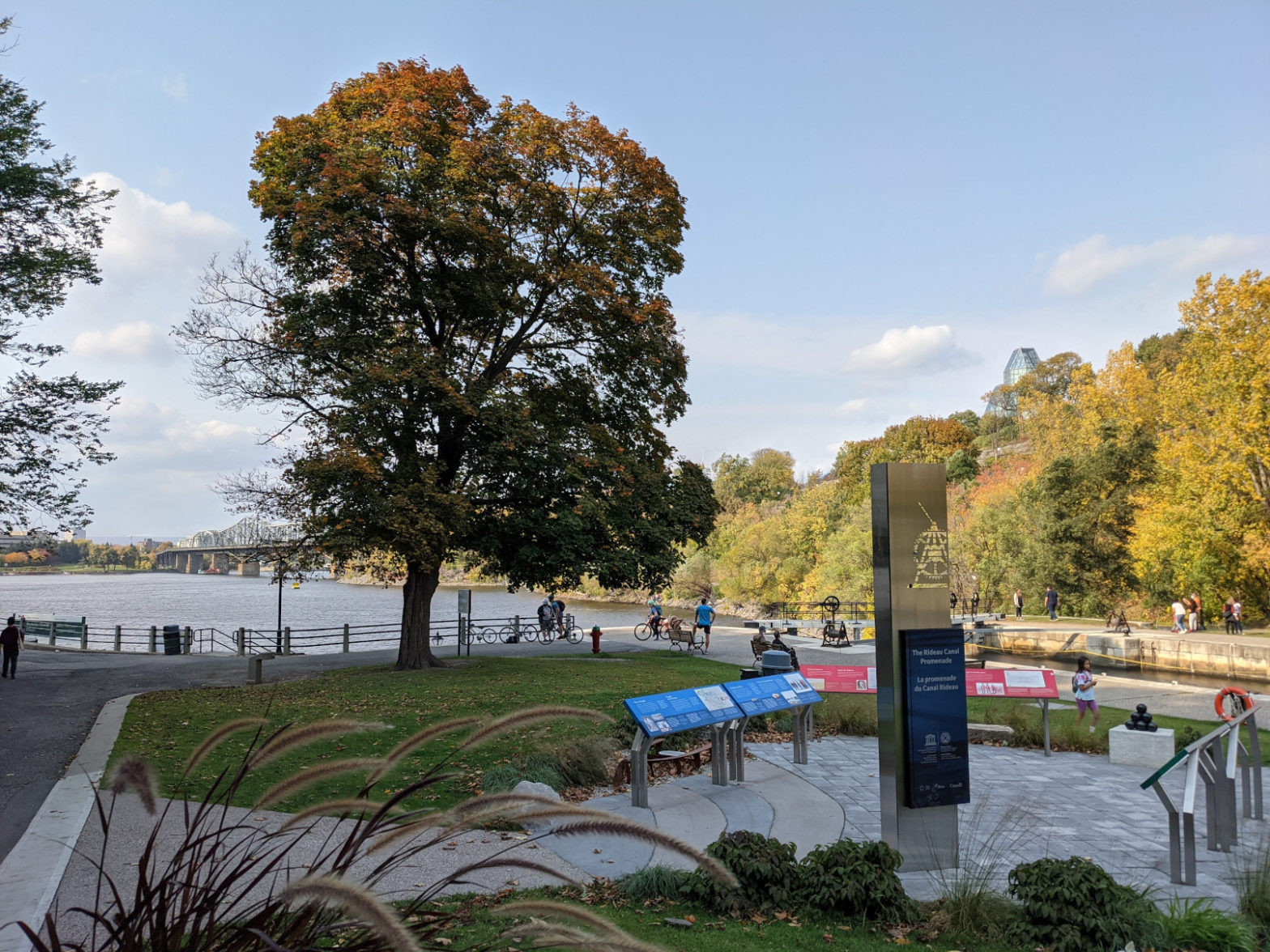Passing through the federal legislature is Bill C-6, a law to make involuntary conversion therapy illegal. It addresses a real need: 8% of trans and non-binary youth 14-24 have undergone conversion therapy.
The bill passed second reading and is now with the Standing Committee on Justice and Human Rights in the House of Commons. Of surprise was that 96 of 121 Conservative MPs voted in favour of second reading given that the party has opposed every bill protecting trans and non-binary people in the past decade, albeit in declining numbers:
The failed C-389 and C-279 as well as the successful C-16 were all efforts to add gender identity and gender expression to the Canadian Human Rights Act. At this juncture, it looks probable that Bill C-6 will become law: it’s a government bill, the votes are there, the committee it was referred to is chaired by a Liberal, and there’s no election in the forecast.
Despite the votes in favour, Conservatives haven’t changed their rhetoric from the days of opposing protections. Perhaps it’s to permit a later retraction of support like we saw with their provincial counterparts in Ontario. Perhaps they want to both-side it and appease those in favour of equality with their votes, and those opposed to with their speeches. Perhaps they actually oppose it, but since they lack the votes to kill it as they did previous legislation, there’s nothing to gain by voting against it except bad press. Whatever the reason, this article will go over the rhetorical devices they use in Parliament.
(more…)




